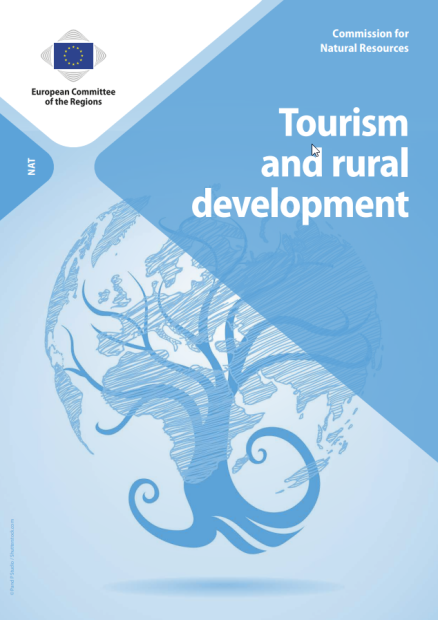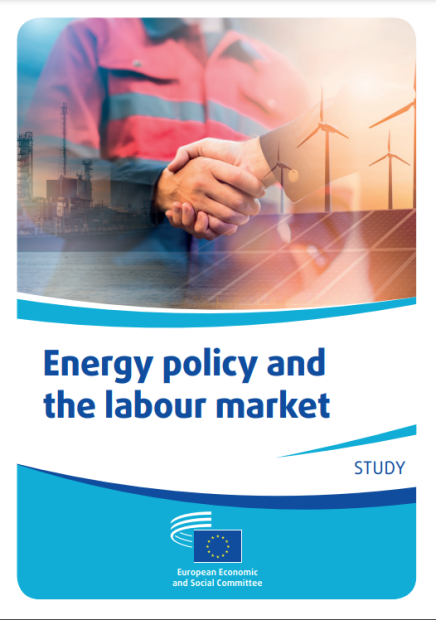Dr. Marcinkowska’s areas of expertise include the labor market, social policy, and employment.
As President of the Management Board, Dr. Marcinkowska is responsible for managing all research and projects in the areas of demography, labor, and social policy, overseeing CASE’s financial administration, and spearheading new business development activities.
Dr. Marcinkowska has been cooperating with CASE since 2005, and has participated in numerous Polish and international technical assistance and research projects, including the multi-year MOPACT (Mobilizing the Potential of Active Ageing in Europe) Project, funded by the European Commission’s DG on Research and Innovation; NEUJOBS – Employment 2025: How will multiple transitions affect the European labor market, also funded by the European Commission’s DG on Research and Innovation; the Study on the effects and incidence of labor taxation, funded by the European Commission’s DG on Taxation and Customs Union, and Assessing Needs of Care in European Nations (ANCIEN), funded by the European Commission’s Health Cooperation Program.
Dr. Marcinkowska obtained her PhD in Economic Science on Informal Employment from the University of Turin. She holds an MA in Economics from the University of Warsaw and an MA in Economics from CORIPE Piemonte in Turin. She has published extensively in the fields of labor economics, social policy, and health economics.
Selected publications:
“Determinants of household demand for services – formal versus informal sector”, Eastern European Economics, 2013.
“The impact of socio-ecological transition on employment structure and patterns in the context of (non)rural regions, (co-author), Neujobs Working Paper, ENEPRI Research Reports, 2013.
“Regional disparities, ageing and territorial aspects of employment: more or less agglomeration?, (co-author), Neujobs Policy e-brief, forthcoming in CASE Network E-briefs, 2013.
“Agglomeration in Europe in the context of socio-ecological transition”, (co-author), CASE Network studies and Analyses, No. 449, 2012.
“Determinants of household demand for services – formal versus informal sector” CASE Network Studies and Analyses, No 444, 2012.
“Quality Assurance Policies and Indicators for Long-Term Care in th European Union”(co-author), ENEPRI Research Report No. 109, 2012.
“Provision of Long Term Care for elderly in Poland in Comparison to other European Countries”, CASE Network E-briefs No. 05/2012, 2012.
“Analysis of formal and informal care provision across Europe: regulation and profile of providers” (co-author), CASE Network Studies and Analysis No. 431, 2011.
“The Lithuanian Long-Term Care System”, Enepri Research Report No. 82, 2009-2010.
“Households’ demand for informal provided services. The case of Poland”, University of Turin, Working Paper, 2007.
“The impact of the cohesion policy on the development and divergence of Polish Regions” (co-author), Ministry of Regional Development, 2008-2009.
“Changes in Salary Structure and Distribution: 1996-2006” (co-author), book published by Polish Ministry of Labour and Social Affairs, 2008-2009.
“Causes of unregistered work in Poland” (co-author), book published by Polish Ministry of Labour and Social Affairs (Labour Market Department), 2008.
“Shadow Economies and Corruption in Transition Countries: Some Preliminary Findings” (co-authored), unpublished, 2007.
“The Gender Wage Gap among Young People in Italy” (co-author), CELPE DP, Università di Salerno No. 82, 2004.





